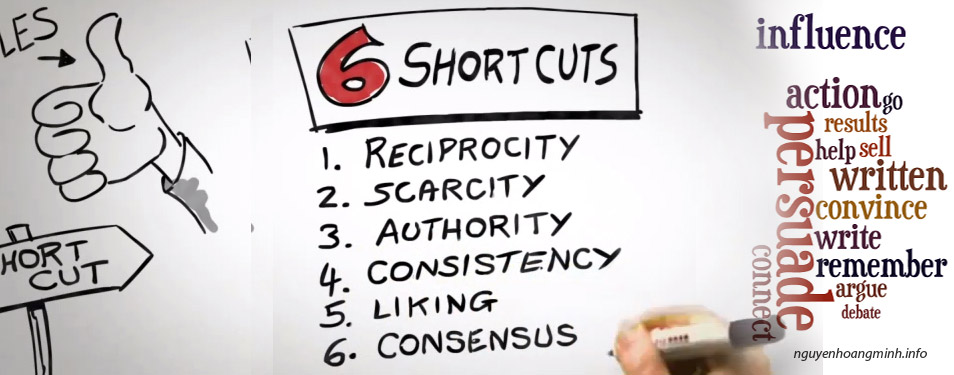That point is made vividly in the following account, which a department head for a large textile manufacturer related at a training workshop I conducted. She described a vice president in her company who wrung public commitments from department heads in a highly manipulative manner. Instead of giving his subordinates time to talk or think through his proposals carefully, he would approach them individually at the busiest moment of their workday and describe the benefits of his plan in exhaustive, patience-straining detail. Then he would move in for the kill. “It’s very important for me to see you as being on my team on this,” he would say. “Can I count on your support?” Intimidated, frazzled, eager to chase the man from their offices so they could get back to work, the department heads would invariably go along with his request. But because the commitments never felt voluntary, the department heads never followed through, and as a result the vice president’s initiatives all blew up or petered out.

This story had a deep impact on the other participants in the workshop. Some gulped in shock as they recognized their own manipulative behavior. But what stopped everyone cold was the expression on the department head’s face as she recounted the damaging collapse of her superior’s proposals. She was smiling.
Nothing I could say would more effectively make the point that the deceptive or coercive use of the principles of social influence is ethically wrong and pragmatically wrongheaded. Yet the same principles, if applied appropriately, can steer decisions correctly. Legitimate expertise, genuine obligations, authentic similarities, real social proof, exclusive news, and freely made commitments can produce choices that are likely to benefit both parties. And any approach that works to everyone’s mutual benefit is good business, don’t you think? Of course, I don’t want to press you into it, but, if you agree, I would love it if you could just jot me a memo to that effect.
Source: HBR
